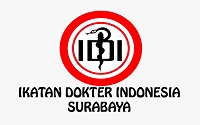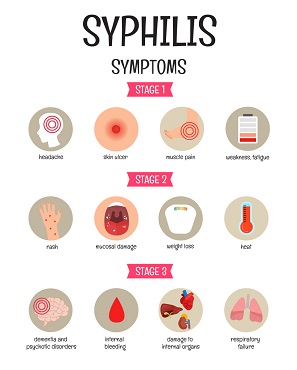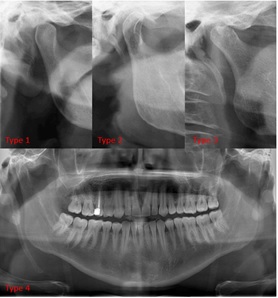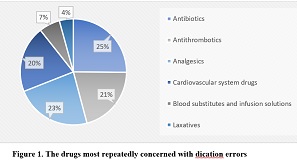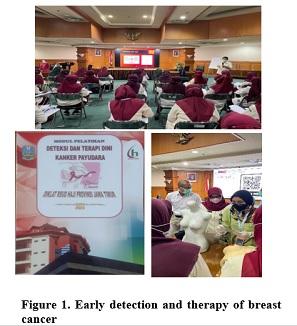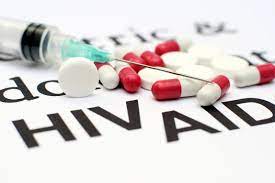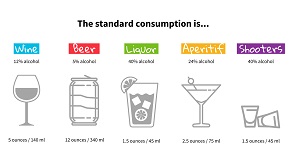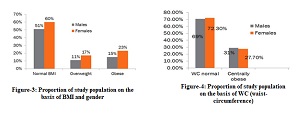THE IMPORTANCE OF KNOWLEDGE ABOUT HEALTH PROTOCOLS FOR THE PREVENTION OF COVID-19 TRANSMISSION IN NON-MEDICAL STUDENTS OF SURABAYA, INDONESIA
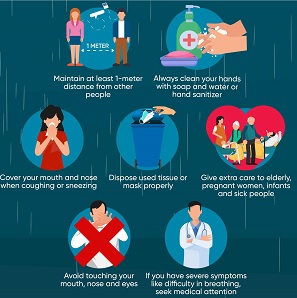
Downloads
Lack of public compliance with the implementation of health protocol activities in daily life has resulted in increased cases of Covid-19 in Indonesia, so the government issued the latest policy regarding the health protocol, namely 6M, which consists of wearing masks, maintaining hand hygiene, maintaining distance, reducing mobility, staying away from crowds, and avoid eating together. This study aims to educate and make the public more aware of the importance of health protocols during the Covid-19 pandemic. This research used total sampling method. The target of the counseling was non-medical students in Surabaya who took part in Covid-19 educational counseling by filling out complete pre-test and post-test questions. The results obtained were an increase in the average score (17.26 points) on tests filled before and after the educational presentation of health protocols with a value of p<0.001 (p<0.05), and 34 of them showed higher post-test scores. From the data that obtained from 92 samples, there was an increase and significant difference in knowledge about 6M health protocols after an online educational presentation given to non-medical students in Surabaya as evidenced by the increase in average score between pre-test and post-test.
Copyright (c) 2022 Khisma Ekiyanti

This work is licensed under a Creative Commons Attribution-ShareAlike 4.0 International License.
- The journal allows the author to hold the copyright of the article without restrictions.
- The journal allows the author(s) to retain publishing rights without restrictions.
- The legal formal aspect of journal publication accessibility refers to Creative Commons Attribution Share-Alike (CC BY-SA).
- The Creative Commons Attribution Share-Alike (CC BY-SA) license allows re-distribution and re-use of a licensed work on the conditions that the creator is appropriately credited and that any derivative work is made available under "the same, similar or a compatible license”. Other than the conditions mentioned above, the editorial board is not responsible for copyright violation.






